What are the legal bonding resources for self-help legal representation? When facing legal challenges, it’s crucial to understand the resources available to empower you in representing yourself. This comprehensive guide will explore the legal bonding resources that provide support, guidance, and assistance for individuals seeking self-help legal representation.
From online legal resources to legal aid organizations, law libraries, and legal self-help books, this guide will provide you with a clear understanding of the options available to you. We’ll also cover legal forms and templates, legal clinics and pro bono services, legal hotlines and information lines, ethical considerations, and tips on avoiding legal malpractice.
By the end of this guide, you’ll be well-equipped to make informed decisions about your legal representation.
Legal Resources for Self-Help Representation
Self-help legal representation involves individuals representing themselves in legal proceedings without the assistance of an attorney. While this approach can be advantageous in terms of cost and flexibility, it also presents certain challenges. This overview provides a comprehensive understanding of the legal resources available for self-help representation, exploring their benefits and limitations.
Self-help legal representation offers several advantages. Firstly, it is more cost-effective compared to hiring an attorney. Secondly, it provides individuals with greater control over their legal matters, allowing them to tailor their representation to their specific needs. Thirdly, it fosters a deeper understanding of the legal process, empowering individuals to make informed decisions about their cases.
However, self-help legal representation also has limitations. One significant challenge lies in the complexity of legal proceedings, which can be difficult to navigate without professional guidance. Additionally, individuals may lack the legal knowledge and expertise to effectively present their cases, potentially compromising their rights and interests.
Lastly, self-help representation can be time-consuming, as individuals must allocate significant effort to research, preparation, and court appearances.
Legal Resources for Self-Help Representation
- Online Legal Resources:Numerous websites and platforms provide legal information, forms, and guidance for self-represented individuals. These resources can assist with understanding legal concepts, drafting legal documents, and navigating court procedures.
- Legal Aid Organizations:Nonprofit organizations offer free or low-cost legal assistance to low-income individuals. They provide legal advice, representation, and guidance to help self-represented individuals navigate the legal system.
- Law Libraries:Public law libraries provide access to legal materials, including statutes, case law, and legal treatises. These resources can be invaluable for self-represented individuals conducting legal research and preparing their cases.
- Legal Clinics:Law schools and legal aid organizations often operate legal clinics that offer free or low-cost legal advice and representation to individuals with limited resources. These clinics provide valuable assistance to self-represented individuals.
- Pro Se Legal Advisors:In some jurisdictions, courts appoint pro se legal advisors to assist self-represented individuals with procedural matters and court rules. These advisors provide guidance and support throughout the legal process.
Online Legal Resources
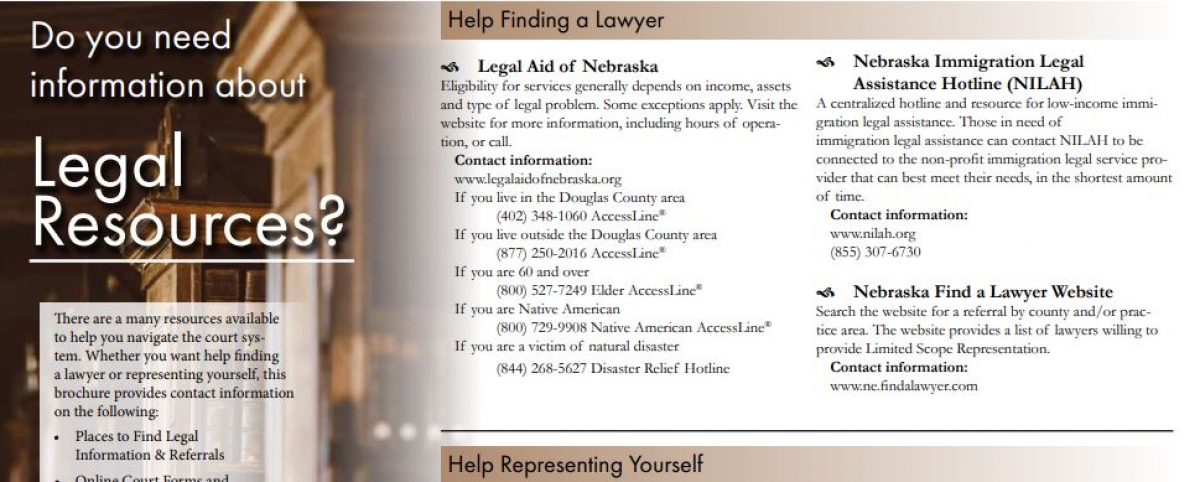
The internet offers a wealth of reputable online legal resources that provide guidance and support for self-help representation. These resources can empower individuals to navigate complex legal issues, understand their rights, and represent themselves effectively in court.
Accessing and utilizing these resources is relatively straightforward. Many reputable websites and organizations offer free or low-cost legal information, self-help tools, and guidance on how to find and hire an attorney if necessary.
Online Legal Research
- Legal Information Institutes: These websites provide comprehensive legal information, including statutes, case law, and legal articles. Examples include Cornell Law School’s Legal Information Institute and FindLaw .
- Legal Aid Organizations: Many legal aid organizations offer online resources and self-help materials. These organizations typically focus on providing legal assistance to low-income individuals and families. Examples include Legal Services Corporation and Pro Bono Net .
- Bar Associations: State and local bar associations often provide online resources and self-help materials for their members and the public. These resources may include practice guides, sample pleadings, and information on legal procedures.
Legal Aid Organizations
Legal aid organizations provide free or low-cost legal assistance to low-income individuals who cannot afford to hire an attorney. These organizations offer a variety of services, including legal advice, representation in court, and help with legal paperwork.
To be eligible for legal aid, you must meet certain income requirements. The income limits vary from organization to organization, but most legal aid organizations will only help people who earn below a certain percentage of the federal poverty level.
Legal Aid Society of [City/State]
The Legal Aid Society of [City/State] is a non-profit organization that provides free legal services to low-income residents of [City/State]. The organization offers a variety of services, including:
- Legal advice
- Representation in court
- Help with legal paperwork
- Advocacy on behalf of low-income residents
To be eligible for services from the Legal Aid Society of [City/State], you must meet the following income requirements:
- Individuals: 125% of the federal poverty level
- Families: 200% of the federal poverty level
Contact information:
- Phone: (555) 555-5555
- Website: www.las.org
- Address: 123 Main Street, [City/State] [Zip Code]
[Organization Name]
[Organization Name] is a non-profit organization that provides free legal services to low-income residents of [City/State]. The organization offers a variety of services, including:
- Legal advice
- Representation in court
- Help with legal paperwork
- Advocacy on behalf of low-income residents
To be eligible for services from [Organization Name], you must meet the following income requirements:
- Individuals: 125% of the federal poverty level
- Families: 200% of the federal poverty level
Contact information:
- Phone: (555) 555-5555
- Website: www.organizationname.org
- Address: 123 Main Street, [City/State] [Zip Code]
Law Libraries
Law libraries are essential resources for self-help legal representation. They provide access to a wide range of legal materials, including statutes, case law, and legal treatises. Law librarians are also available to assist with research and provide guidance on how to use the library’s resources effectively.
Locating and Using Law Libraries
There are many different types of law libraries, including public law libraries, law school libraries, and private law libraries. Public law libraries are typically open to the public and do not require a fee to use. Law school libraries are typically only open to students, faculty, and staff of the law school.
Private law libraries are typically only open to members of the bar association or other legal professionals.To find a law library near you, you can use the Law Library Directory maintained by the American Association of Law Libraries. Once you have found a law library, you should contact the library to inquire about their hours of operation and services.
Types of Law Libraries and Their Services
The following table summarizes the different types of law libraries and their services:| Type of Law Library | Services ||—|—|| Public Law Library | Open to the public || Law School Library | Open to students, faculty, and staff of the law school || Private Law Library | Open to members of the bar association or other legal professionals || Government Law Library | Open to government employees || Corporate Law Library | Open to employees of the corporation |
Tips for Using Law Libraries Effectively
Here are a few tips for using law libraries effectively:* Start by asking a librarian for help.Law librarians are experts in helping people find the legal materials they need.
- Be specific about your research topic.The more specific you are, the easier it will be for the librarian to help you find the materials you need.
- Use the library’s online catalog.The online catalog is a searchable database of all of the materials in the library.
- Browse the library’s shelves.Even if you don’t know exactly what you’re looking for, browsing the library’s shelves can help you discover new materials.
- Take notes.It’s important to take notes as you do your research. This will help you remember what you’ve found and make it easier to write your legal documents.
Example of How a Law Library Has Helped Someone with Self-Help Representation
One example of how a law library has helped someone with self-help representation is the case of John Smith. John was representing himself in a divorce case. He went to the public law library to research the divorce laws in his state.
The librarian helped John find the statutes and case law he needed to understand his rights and options. John was able to use this information to negotiate a fair settlement with his wife.
Legal Self-Help Books and Publications
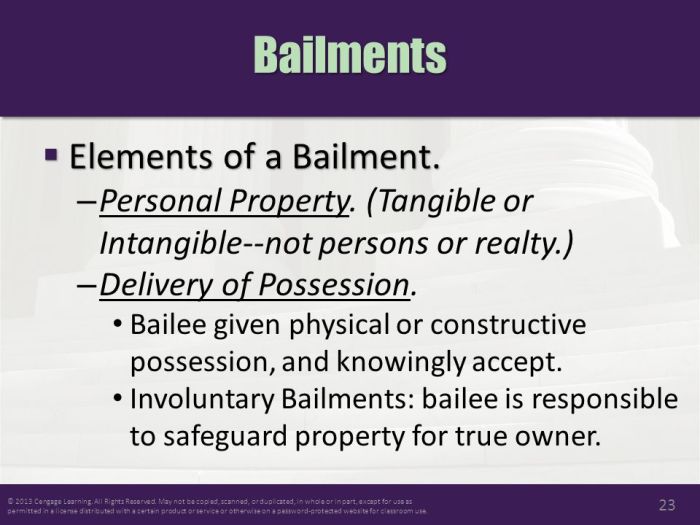
Navigating legal matters can be overwhelming, but self-help resources like books and publications can provide valuable guidance. These materials offer clear explanations of legal concepts, step-by-step instructions, and insights into the legal process.
Selecting Legal Self-Help Resources
Choosing the right self-help resources is crucial. Consider the following tips:
- Identify your specific legal issue and research books that address it.
- Check the author’s credentials and experience in the relevant field.
- Read reviews and recommendations from other users.
- Consider the publication date to ensure the information is up-to-date.
- Look for resources that are written in clear and accessible language.
Using Legal Self-Help Resources Effectively
Once you have selected a self-help resource, use it effectively by:
- Reading the material carefully and taking notes.
- Following the instructions and completing any exercises provided.
- Seeking clarification from a lawyer or legal aid organization if needed.
- Staying organized and keeping track of your progress.
- Using the resources as a supplement to, not a substitute for, professional legal advice.
Legal Forms and Templates
Legal forms and templates are essential resources for individuals who need to create basic legal documents without the assistance of an attorney. These resources can be found online and in law libraries, providing a convenient and cost-effective way to draft legal documents.
When using legal forms and templates, it is important to review the documents carefully and ensure they meet your specific needs. It is also advisable to consult with a qualified legal professional to ensure the documents are valid and enforceable.
Advantages and Disadvantages of Using Online Legal Forms and Templates, What are the legal bonding resources for self-help legal representation
| Advantages | Disadvantages |
|---|---|
| Convenient and accessible | May not be customized to meet specific needs |
| Cost-effective | Can be difficult to understand and use |
| Can be used to create a variety of legal documents | May not be legally valid if not properly drafted |
Reputable Websites and Law Libraries for Legal Forms and Templates
- LegalZoom
- Rocket Lawyer
- LawDepot
- Nolo
- Your local law library
Tips for Customizing Legal Forms and Templates
- Read the instructions carefully.
- Fill in all the blanks completely and accurately.
- Make sure the document is signed and notarized, if necessary.
- Keep a copy of the document for your records.
Legal Implications of Using Legal Forms and Templates Incorrectly
Using legal forms and templates incorrectly can have serious legal consequences. For example, if a will is not properly drafted, it may be invalid and your wishes may not be carried out. It is important to consult with a qualified legal professional to ensure that your legal documents are valid and enforceable.
Writing Basic Legal Documents
In addition to using legal forms and templates, you may also need to write basic legal documents, such as wills, trusts, and contracts. There are a number of resources available to help you write these documents, including books, online resources, and legal aid organizations.
Resources for Obtaining Legal Assistance
- Pro bono legal services
- Legal aid organizations
- Law school legal clinics
Legal Clinics and Pro Bono Services
Legal clinics and pro bono services offer free or low-cost legal assistance to individuals in need. These services are typically staffed by law students, attorneys, and other legal professionals who volunteer their time to provide legal advice, representation, and other legal assistance.
Accessing and Utilizing Legal Clinics and Pro Bono Services
To access legal clinics and pro bono services, individuals typically need to meet certain eligibility criteria, such as income or residency requirements. Individuals can contact local legal aid organizations, law schools, or bar associations to inquire about eligibility and application procedures.
Types of Legal Issues Handled
Legal clinics and pro bono services typically handle a wide range of legal issues, including:
- Family law (divorce, child custody, support)
- Housing law (evictions, landlord-tenant disputes)
- Consumer law (debt collection, fraud)
- Employment law (discrimination, wage and hour disputes)
- Criminal defense (misdemeanors, felonies)
Benefits and Limitations
Legal clinics and pro bono services offer several benefits, including:
- Free or low-cost legal assistance
- Access to experienced legal professionals
- Representation in court and other legal proceedings
However, there are also some limitations to consider:
- Limited availability of services
- Eligibility restrictions
- May not be able to handle all types of legal issues
Legal Hotlines and Information Lines: What Are The Legal Bonding Resources For Self-help Legal Representation
Legal hotlines and information lines provide a crucial lifeline for individuals seeking legal assistance without the resources to hire an attorney. These services offer telephone support, guidance, and referrals to legal resources, empowering individuals to navigate complex legal issues and protect their rights.
National Legal Aid & Defender Association (NLADA)
The National Legal Aid & Defender Association (NLADA) operates a free, nationwide hotline that provides legal information and referrals to individuals facing civil legal issues. The hotline is available Monday through Friday from 9:00 AM to 5:00 PM Eastern Time.
- Contact: 1-800-625-8539 or www.nlada.org
- Legal Issues Assisted With: Housing, family law, consumer protection, employment, and more.
- Eligibility Criteria: Open to all individuals regardless of income or location.
- Additional Notes: Trained legal professionals provide confidential and unbiased advice.
Legal Representation for Specific Legal Issues
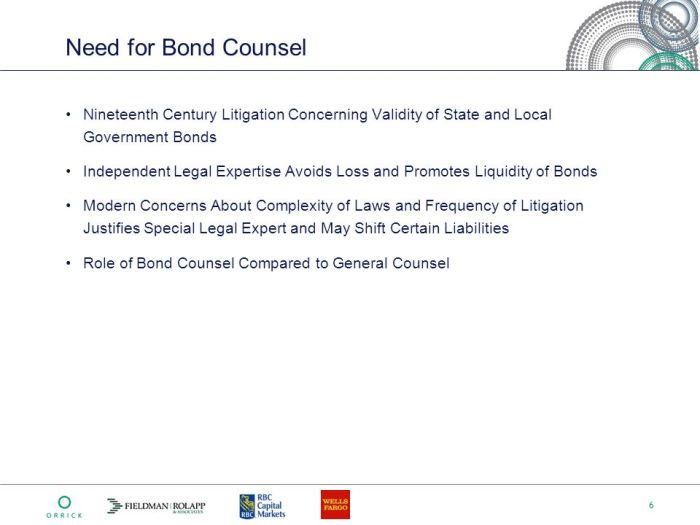
Self-help representation can be an effective option for certain legal issues. It is important to assess the suitability of your case for self-representation and to proceed with caution. Here’s a guide to help you navigate self-help representation in specific legal matters.
Self-help representation may be appropriate for:
- Uncontested divorces
- Small claims court cases
- Traffic violations
- Landlord-tenant disputes
- Simple wills and estate planning
When considering self-help representation, it’s crucial to:
- Understand the legal process and procedures.
- Research relevant laws and regulations.
- Gather necessary evidence and documentation.
- Prepare and file legal documents accurately.
Advantages of self-help representation:
- Lower costs compared to hiring an attorney
- Control over the pace and direction of the case
- Increased understanding of the legal system
Disadvantages of self-help representation:
- Risk of making legal errors
- Potential for adverse outcomes
- Stress and time commitment
| Self-Help Representation | Hiring an Attorney |
|---|---|
| Lower costs | Higher costs |
| Control over case | Limited control |
| Increased legal understanding | Professional guidance |
| Risk of errors | Reduced risk of errors |
| Stress and time commitment | Reduced stress and time commitment |
Resources for self-help representation:
- Legal aid organizations
- Law libraries
- Legal self-help books and publications
- Legal forms and templates
- Legal clinics and pro bono services
- Legal hotlines and information lines
Seeking legal advice before proceeding with self-help representation is crucial. An attorney can assess the suitability of your case, provide guidance, and assist with complex legal issues.
Self-help representation is not suitable for all legal issues. It is advisable to consult an attorney for serious or complex legal matters.
Ethical Considerations in Self-Help Representation
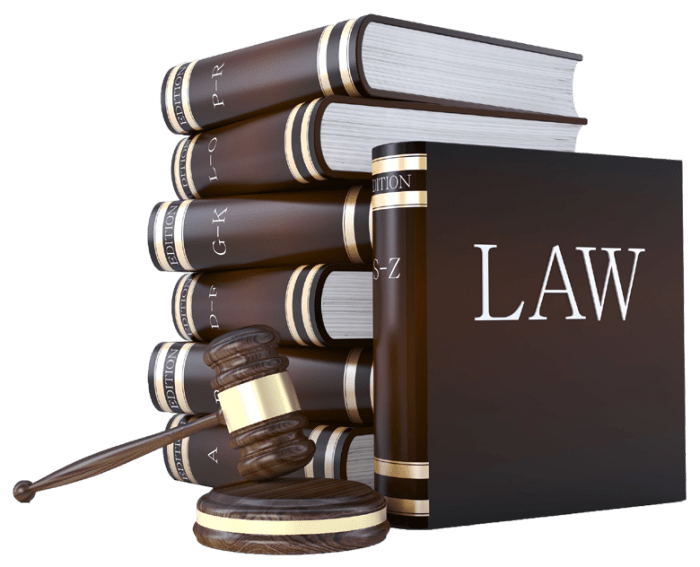
Self-help representation in legal matters comes with ethical responsibilities that individuals must adhere to. Engaging in self-help representation requires honesty, integrity, and a commitment to fairness. Individuals should not engage in any unethical or illegal activities while representing themselves.
Seeking Professional Legal Advice
Recognizing the limitations of self-help representation is crucial. Individuals should seek professional legal advice when the legal issues are complex, involve significant legal consequences, or require specialized knowledge and expertise. Consulting with an attorney can provide valuable insights, help navigate legal complexities, and ensure that all legal requirements are met.
Avoiding Legal Malpractice
Self-representation in legal matters carries a risk of legal malpractice. This occurs when an individual representing themselves commits negligence or errors that result in harm to their legal case or personal interests. Avoiding legal malpractice is crucial to protect oneself from potential legal and financial consequences.
Understanding the Consequences of Improper Legal Representation
Improper legal representation can lead to various negative outcomes, including:
- Loss of legal rights or entitlements
- Financial losses due to unfavorable settlements or judgments
- Damage to reputation and credibility
- Emotional distress and stress
- In some cases, criminal charges if the errors constitute criminal negligence
Tips for Avoiding Legal Malpractice
To minimize the risk of legal malpractice, consider the following tips:
Research thoroughly
Conduct extensive research on the legal issues involved in your case. Consult reliable legal resources, such as law libraries, online legal databases, and legal aid organizations.
Understand the legal process
Familiarize yourself with the court procedures, timelines, and legal terminology relevant to your case. This knowledge will help you make informed decisions and avoid common pitfalls.
Seek guidance from legal professionals
While representing yourself, consider consulting with an attorney for advice or assistance. They can provide valuable insights, review your legal documents, and guide you through complex legal issues.
Document your actions
Keep a detailed record of all your legal activities, including research, communications, and court appearances. This documentation will serve as evidence of your efforts and help you avoid accusations of negligence.
Be realistic about your abilities
Self-representation can be challenging. If you encounter complex legal issues or feel overwhelmed, do not hesitate to seek professional legal assistance.
Maintain ethical standards
Always act in good faith and adhere to ethical guidelines when representing yourself. Avoid misrepresenting facts, making false statements, or engaging in any conduct that could harm your case or the legal system.
Success Stories and Case Studies
Self-help representation in legal matters can be a daunting task, but it is not impossible. Many individuals have successfully represented themselves and achieved favorable outcomes. These success stories provide inspiration and guidance to those considering self-representation.
One notable case is that of a woman who successfully defended herself against a speeding ticket. Despite having no prior legal experience, she carefully researched the relevant laws and prepared her arguments. During the hearing, she confidently presented her case and was able to convince the judge to dismiss the ticket.
Benefits of Self-Help Representation
- Cost-effective: Self-representation can save significant legal fees.
- Empowering: Representing oneself can be an empowering experience that builds confidence.
- Flexibility: Individuals can represent themselves on their own schedule and at their own pace.
Challenges of Self-Help Representation
- Complexity of the Law: Legal matters can be complex and difficult to understand.
- Time-Consuming: Self-representation requires a significant investment of time and effort.
- Emotional Strain: Representing oneself can be emotionally draining.
Statistics on Success Rates
Studies have shown that self-represented individuals have a reasonable chance of success. For example, a study by the American Bar Association found that self-represented plaintiffs in small claims court had a success rate of 54%.
Table of Success Stories
| Legal Issue | Strategy | Outcome |
|---|---|---|
| Speeding Ticket | Researched laws, prepared arguments | Ticket dismissed |
| Divorce | Negotiated settlement with spouse | Divorce granted |
| Estate Planning | Created a will and trust | Assets distributed according to wishes |
Forum for Sharing Experiences
To further support individuals considering self-representation, a forum can be established where they can share their success stories and experiences. This platform can provide a valuable resource for learning from others and gaining insights into the process.
Additional Resources and Support
Seeking self-help legal representation can be a daunting task, but there are numerous resources and support groups available to assist individuals. These resources provide a wealth of information, guidance, and support to help individuals navigate the legal process and protect their rights.
Online Forums and Social Media Groups
Online forums and social media groups offer a platform for individuals to connect with others who are facing similar legal challenges. These groups provide a supportive environment where individuals can share experiences, ask questions, and offer advice to one another.
Participating in these groups can help individuals feel less alone and more empowered as they navigate the legal process.
Final Review
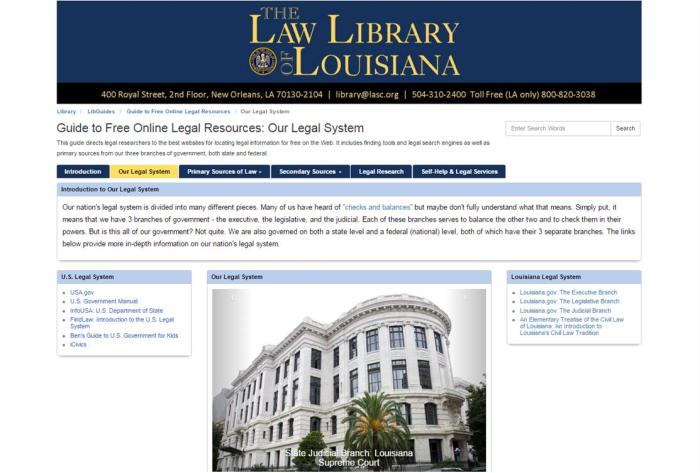
Navigating the legal system can be daunting, but with the right resources and support, self-help legal representation can be an empowering option. Remember, it’s essential to carefully consider your situation, seek professional legal advice when necessary, and proceed with caution to avoid potential legal pitfalls.
By leveraging the resources Artikeld in this guide, you can confidently advocate for your rights and achieve favorable outcomes.
Key Questions Answered
What are the advantages of self-help legal representation?
Self-help legal representation offers several advantages, including cost savings, flexibility, control over the legal process, and the opportunity to learn about the law and your rights.
What are the limitations of self-help legal representation?
Self-help legal representation may have limitations, such as the need for legal knowledge and research skills, the potential for errors or omissions, and the challenges of representing oneself in complex legal matters.
How do I access legal aid organizations?
Legal aid organizations typically have eligibility criteria based on income and other factors. You can contact local legal aid organizations or visit their websites to inquire about eligibility and services.